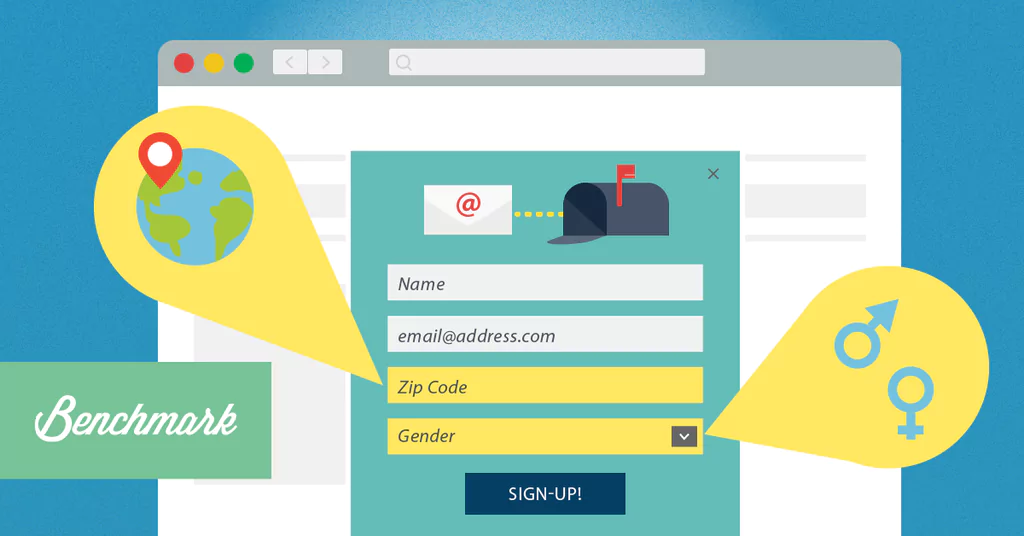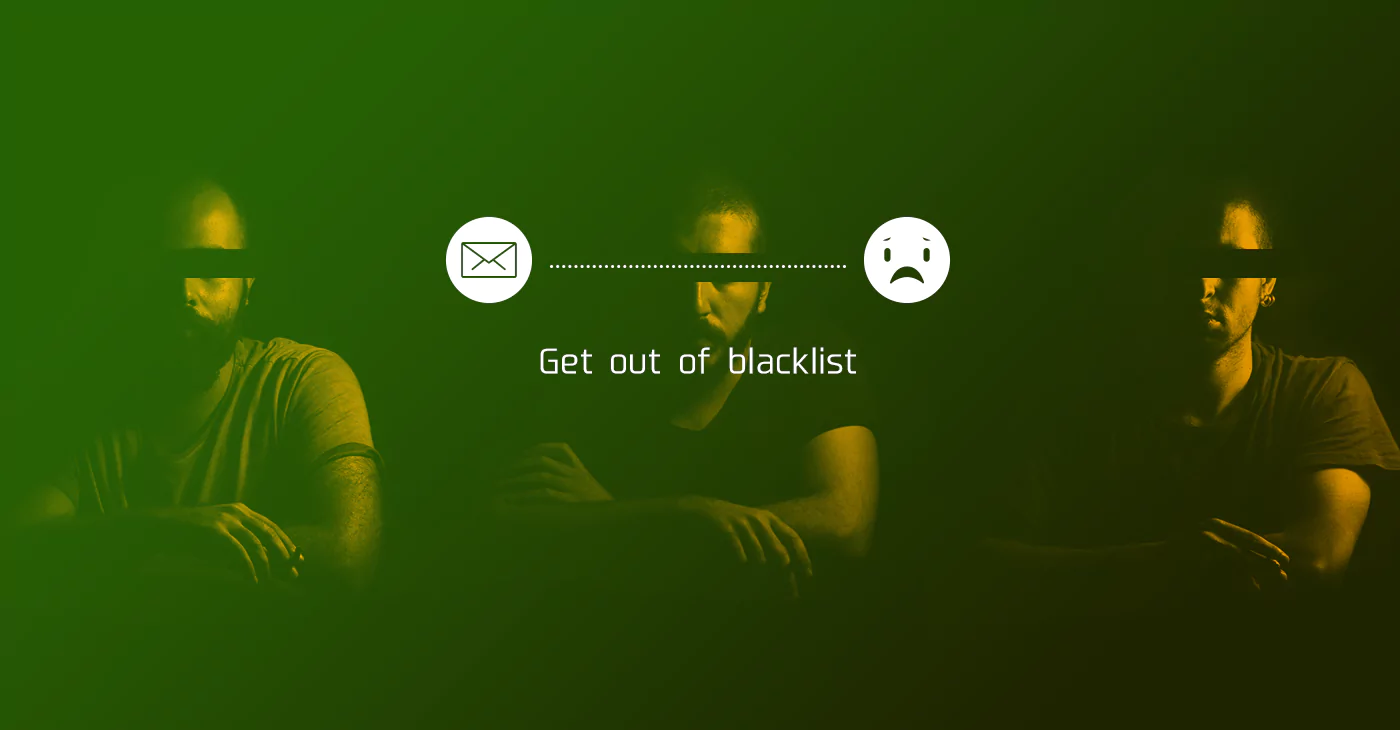The California Supreme Court recently ruled that retailers that ask customers for their zip code when completing a transaction will be subject to a $1,000 fine per occurrence. That “thud” you just heard was the jaws of email marketers around the country hitting the floor. Personal data is the lifeblood of segmentation and laser-focused marketing in the internet age, therefore the prospect of being allowed to legally collect only the name and credit card number from California residents would throw email marketing back to the Stone Age. Email marketers are still technically safe due to a federal ruling, but how long will that last?
Williams-Sonoma Alleged to Collect Zip Codes and Extrapolate Addresses
The court ruled on a class action lawsuit brought by Jessica Pineda against home retailer Williams-Sonoma. The store chain was accused of collecting zip codes at the checkout counter and then using them to cross reference reverse directories in order to extrapolate customers’ addresses. If that wasn’t bad enough, the retailer was also accused of selling these extrapolated addresses to other marketing entities. The California court came down hard on the entire practice and expanded upon the 2008 Song-Beverly Credit Card Act, which prohibits retailers from collecting:
…information concerning the cardholder, other than information set forth on the credit card, and including, but not limited to, the cardholder’s address and telephone number.
Email Marketers’ “Business Purpose” Is to Gather Data for Segmentation
A particularly chilling section of the California statute is the one which determines what is “unnecessary” to encompass within a transaction:
…information unnecessary to the sales transaction that, alone or together with other data such as a cardholder’s name or credit card number, can be used for the retailer’s business purposes.
Since the “retailer’s business purpose” is clearly the inclusion of the customer in the email marketing campaign, it would seem that California has created a Draconian statute which cripples email marketing in the country’s most populous state.
Or does it?
In Saulic v. Symantec Corporation a federal trial court held that Song-Beverly does not apply to online transactions, therefore the California high court’s augmentation of the Act to encompass zip codes does not subsume email marketing. Yes, we can all start breathing again as this ruling really doesn’t affect email campaigns… not yet anyway. The threat to email marketers is that this ruling has duly opened a legislative Pandora’s box and now we can look forward to throngs of advocacy groups and plaintiffs seeking to amend Saulic in light of Pineda.
Do Customers’ Age and Gender Constitute Personal Information?
It seems irrational that online retailers will be prohibited from requesting addresses and zip codes, as otherwise it would be impossible to ship out any products. The question that remains is how the modified version of what constitutes “necessary” vs. “unnecessary” personal data within an online transaction will be interpreted. The courts might rule that asking customers for any demographic information whatsoever might violate the Act. Being unable to know your subscriber’s age could severely handicap a brand’s entire marketing strategy. Gender might be able to be deduced by the first name, but what happens in the cases of hundreds of androgynous names from Alex to Taylor?
What Offshoots Will This Ruling Have that Affect Online Commerce?
Bill Dombrowski, president of the California Retailers Association, called the California Supreme Court’s ruling on Pineda “a terrible decision because it dramatically expands what personal information is, by including a ZIP code as part of an address.” That statement sums up the real concern at the heart of the Pineda ruling: By restricting retailers’ ability to collect anything other than name and credit card number, California is doing a disservice to the very consumers it was trying to protect.
Selling a customer’s personal information to unrelated third parties without deriving clear permission, as any ethical email marketer will testify, is a cardinal sin. The crime cannot be countenanced in any aspect. However, the California Supreme Court’s ruling has opened up a Pineda’s Box that could lead to unforeseen and unforeseeable legal entanglements in the future for email marketers everywhere.










